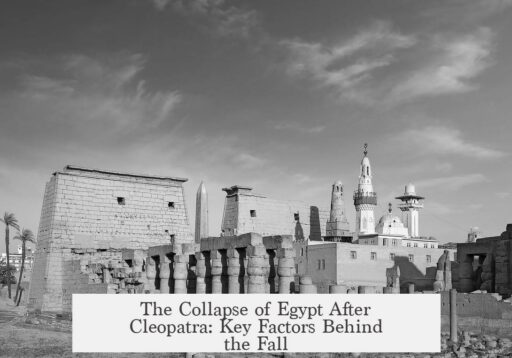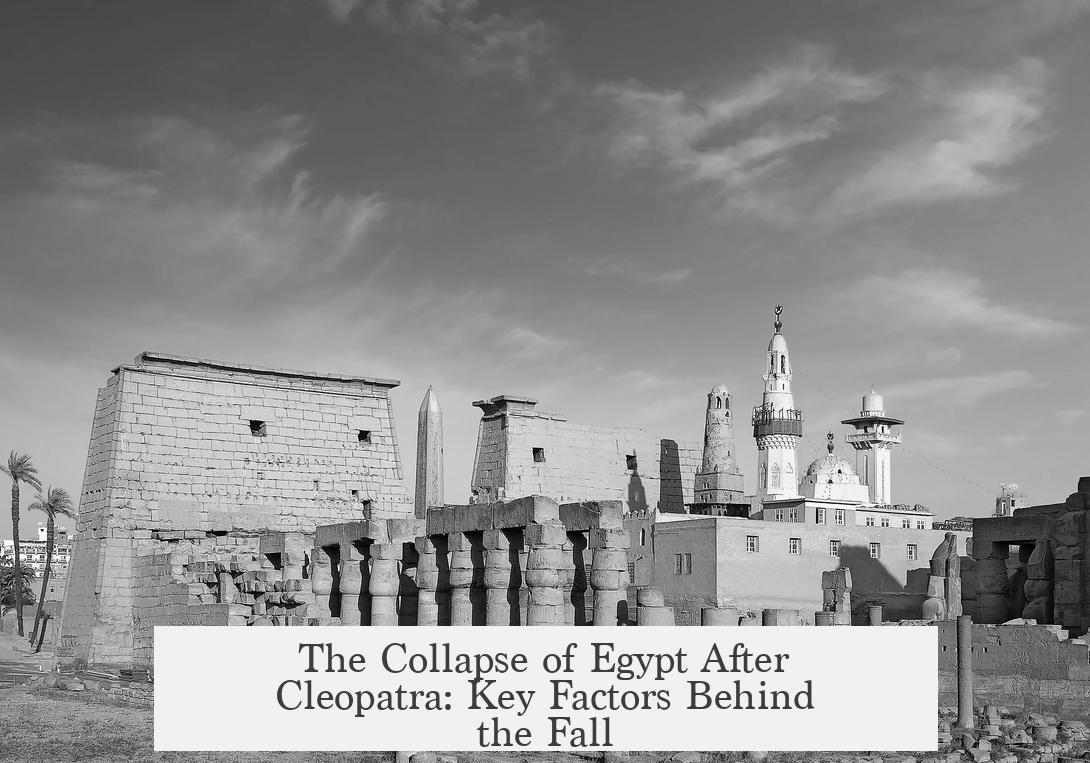Egypt did not “fall apart” after Cleopatra died; rather, it lost its independence and became a wealthy Roman province following her death. Cleopatra ruled Egypt for 21 years, demonstrating strong leadership and political skill. Her reign saw Egypt flourish economically and culturally. The idea that Egypt collapsed overnight after her death is a misconception often fueled by limited historical records and biased accounts.
Cleopatra came to power at 18 and maintained control despite internal and external threats. She was multilingual and deeply involved in political alliances, especially with powerful Roman figures like Julius Caesar and Mark Antony. These alliances had significant roots in diplomacy and strategy rather than mere romance. Cleopatra’s beauty was not her sole asset; her presence and intellect were key to her influence. Much of what is popularly known about her comes from Roman sources, particularly Plutarch’s “Parallel Lives,” which has biases and gaps.
Following Cleopatra’s suicide in 30 BCE, after the defeat of her forces alongside Mark Antony by Octavius (later Augustus), Egypt’s independent rule ended. Egypt was annexed and reorganized into the Roman Empire’s first province ruled by a prefect. This transition did not bring ruin.
- Egypt became one of Rome’s richest provinces.
- Its agriculture, especially grain production, was crucial to feeding the Roman population.
- Economically and administratively, Egypt remained stable under Roman control.
This structural change marked the fall of the Ptolemaic dynasty’s independence, not a collapse of the region’s socio-economic fabric. The term “fall apart” incorrectly implies chaos and destruction, which historical evidence does not support.
Key takeaways:
- Cleopatra was a competent and successful ruler, contrary to popular myths.
- Her death ended Egypt’s independence, not its wealth or stability.
- Egypt thrived economically as a Roman province.
- Historical records of Cleopatra’s reign are limited and partly biased.




